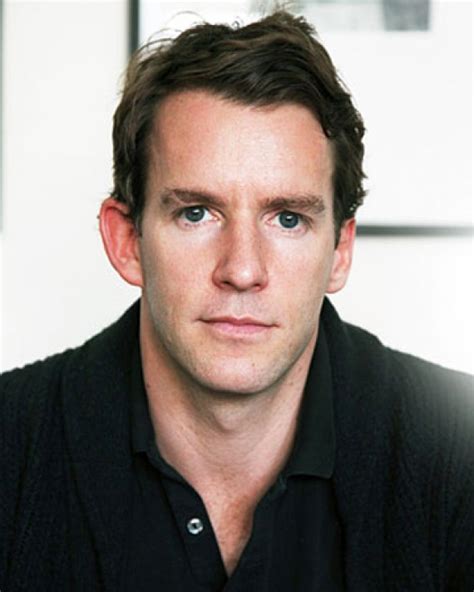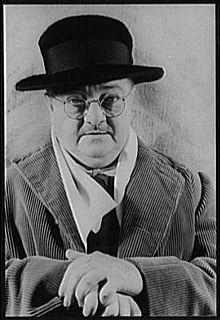A Quote by Bill Clegg
I'm rereading Jenny Offill's 'Dept. of Speculation.' I love it, and she's just a magician. Line by line and paragraph by paragraph, it's mesmerizing and so intricately plotted and so nimble.
Related Quotes
Jenny Offill's Dept. of Speculation resembles no book I've read before. If I tell you that it's funny, and moving, and true; that it's as compact and mysterious as a neutron; that it tells a profound story of love and parenthood while invoking (among others) Keats, Kafka, Einstein, Russian cosmonauts, and advice for the housewife of 1896, will you please simply believe me, and read it?
Whenever I teach writing I tell them to never revise as you go. Finish the first draft. This is my writing advice. I can't do that myself. I'm lying to everybody. I write a paragraph, and then I rewrite that paragraph. I want to feel like I'm standing on firm ground before I move on to the next paragraph. Mentally, I have to do that.
I just wanted to speak to you about something from the Internal Revenue Code. It is the last sentence of section 509A of the code and it reads: 'For purposes of paragraph 3, an organization described in paragraph 2 shall be deemed to include an organization described in section 501C-4, 5, or 6, which would be described in paragraph 2 if it were an organization described in section 501C-3.' And that's just one sentence out of those fifty-seven feet of books.
I'm convinced that the Christian claim is really true, that this is just a warm up to the big event. That this is just the appetizer to the feast, and if we can plug into that and understand that this part of our story is just the introduction, it is not even the first line of the first paragraph, it's just the first letter or first word. We are just getting started.


































